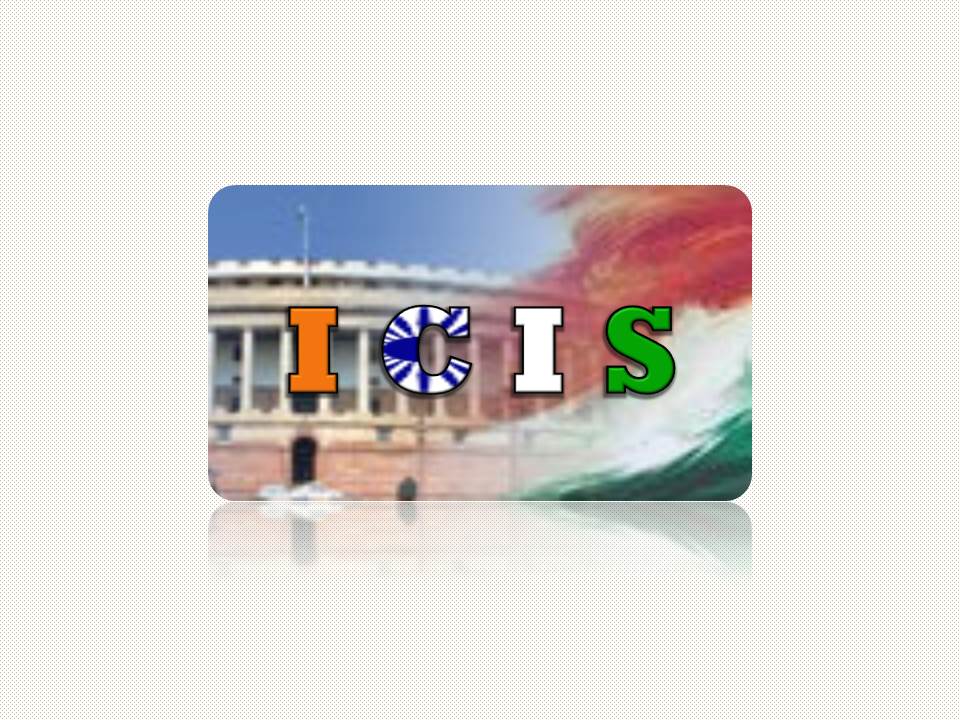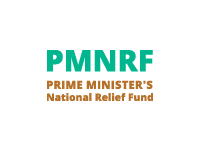USO
The New Telecom Policy-1999 provided that the resources for meeting the Universal Service Obligation (USO) would be raised through a ‘Universal Access Levy’ (UAL), which would be a percentage of the revenue earned by the operators under various licences. The Universal Service Support Policy came into effect from 01.04.2002. The Indian Telegraph (Amendment) Act,2003 giving statutory status to the Universal Service Obligation Fund (USOF) was passed by the Parliament in December, 2003.
As per the India Telegraph Act 1885 (as amended in 2003 and 2006), the Universal Service Obligation is defined as access to telegraph services to people in rural and remote areas at affordable and reasonable prices.
The USOF Administration is assisted by Controller of Communication Accounts (CCA) offices, the field units of the Department of Telecom (DoT), have been delegated the functions of subsidy disbursement and verification of subsidy claims. The following provisions exist in USOF Agreements by way of monitoring and control of activities :-
- Agreement terms and conditions to guarantee adherence to QoS.
- Self-certification through an affidavit by Service Providers.
- Deductions for service interruptions.
- Roll out clause
- Liquidated Damages
- Post payment sample verification
- Physical verification
- Annual Auditor’s Certificate
- Recovery of over payments with penal interest
Disbursement from USO Fund
Deemed to have come into force from 1st April, 2002, the USO Fund is to be utilized exclusively for meeting the Universal Service Obligation. Universal Service Levy (USL) is collected from the Service Providers at a defined percentage of Adjusted Gross Revenue (AGR). The collections of USL are credited to the Consolidated Fund of India and allocation of funds to USOF is through Parliamentary approval. The balances to the credit of the fund do not lapse at the end of the financial year
In Uttarakhand Circle, BSNL
 Back To CGCA
Back To CGCA

 नियंत्रक संचार लेखा
नियंत्रक संचार लेखा










